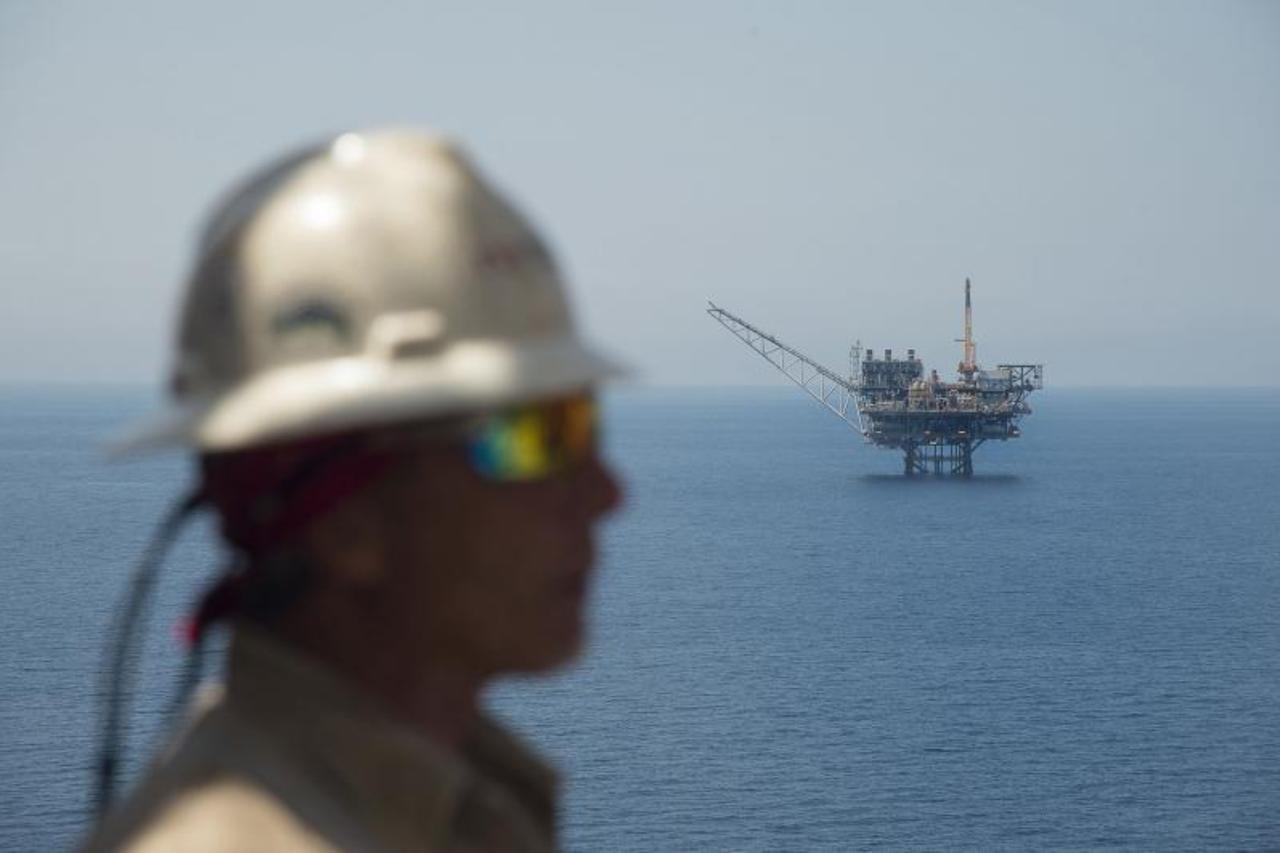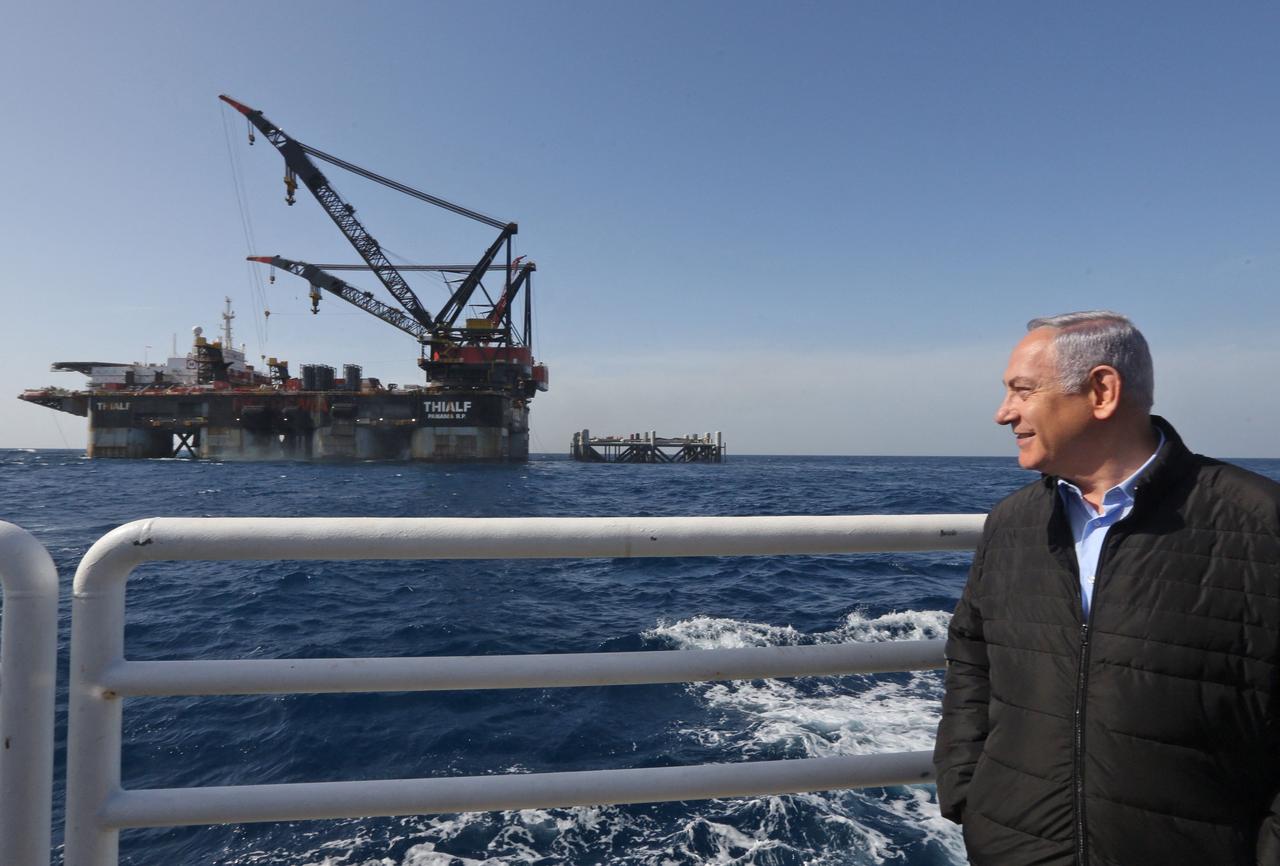
The natural gas deal signed between the Arab Republic of Egypt and the Israeli side, one of the largest energy agreements in the region, is facing mounting uncertainty, as Israeli political tensions and shifting government positions threaten its future.
The agreement, valued at roughly $35 billion and covering the supply of nearly 130 billion cubic meters of gas through 2040, has increasingly been used as a domestic political tool by Prime Minister Benjamin Netanyahu and his far-right coalition.
This politicization, Egyptian officials say, has created inconsistent commitment to Israel’s pledged gas-supply obligations.
Current indicators suggest the agreement has entered a complicated trajectory ahead of its scheduled implementation on Nov. 30, amid political disputes in Tel Aviv and earlier technical and regulatory issues that Israeli authorities had claimed were resolved.

High-level sources at Egypt’s Ministry of Petroleum told Al-Araby Al-Jadeed that Israeli supplies currently range between 850 million and 1 billion cubic feet per day under the original 2019 deal.
However, Israel is avoiding implementation of the amendments approved in July 2025, which call for gradually raising flows to 1.3 billion cubic feet by the end of this year, 1.6 billion cubic feet in spring 2026, and eventually 1.8–2 billion cubic feet during the summer.
According to the sources, Israel has spent recent months citing “technical malfunctions” to justify its failure to increase flows, even though those issues were fully resolved in October.
Deliberations inside the Israeli government and Knesset committees now point to political motives for freezing the supplemental agreement, mainly related to the Gaza conflict, the Egyptian military presence in Sinai, and a push within Israel to renegotiate gas prices.
Despite this uncertainty, companies operating the Leviathan field, including Chevron, NewMed Energy and Ratio, remain committed to the deal.
However, recent moves by the Egyptian government indicate preparations for a sharp decline, or possibly a partial halt, in Israeli gas supplies extending into summer 2026.
Petroleum expert Hossam Arafat notes that the supplemental agreement with Israel remains a nonbinding memorandum of understanding, meaning Israel can withdraw without financial penalties or exposure to arbitration, while the original agreement stays in force through 2035.
Arafat argues that Netanyahu’s coalition has turned the deal into a battleground for domestic political sparring amid allegations of corruption and mismanagement of the war in Gaza.
This dynamic, he says, is driving the Israeli right to obstruct the agreement and escalate tensions with Egypt despite the economic risks.
Arafat believes Israel is unlikely to halt exports completely, given pressure from international partners in the Leviathan field.
These firms rely on Egypt’s network as their only viable export route to fulfill contracts worth about $20 billion, linked to investments exceeding $15 billion—assets Israel cannot easily reroute or replace.
The field’s operators have asked the Israeli government to clarify its position by Nov. 30 to approve the field’s expansion and finalize the onshore pipeline route connecting to Egypt, warning that continued delays jeopardize their investments.
Meanwhile, Egyptian gas-sector sources dismissed Israeli talk of exporting gas to Cyprus or Europe via Greece, calling such proposals economically unfeasible given infrastructure costs surpassing $10 billion. They described the rhetoric as “political messaging for domestic consumption.”
Egyptian officials believe threats to halt supply are not practical and say any such move would damage global confidence in Israel’s commercial reliability.
Over the past two weeks, Egypt has held a series of meetings at Nasser Military Academy with military, petroleum and economic experts to prepare for potential disruptions.
The discussions examined reducing reliance on natural gas, securing an additional $3 billion for liquified natural gas (LNG) purchases through 2026, contingency plans for the liquefaction plants in Damietta and Idku, and coordination with the United States to ensure the agreement continues as part of Israel’s internal political settlement.